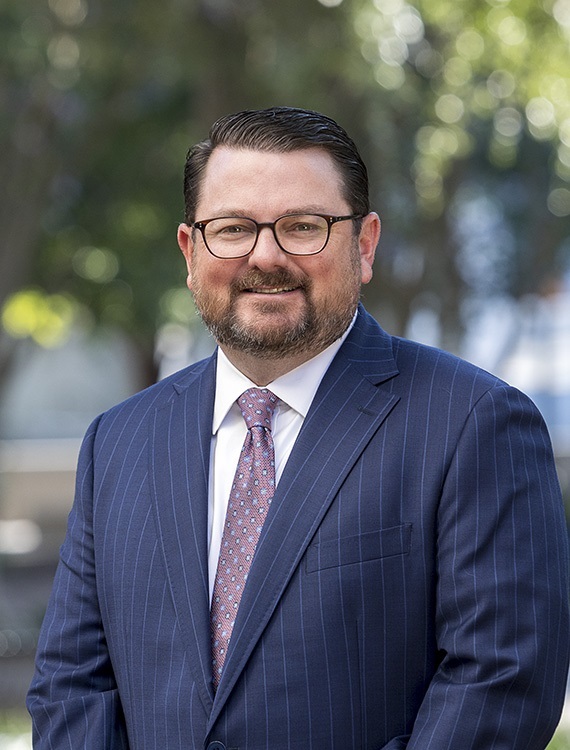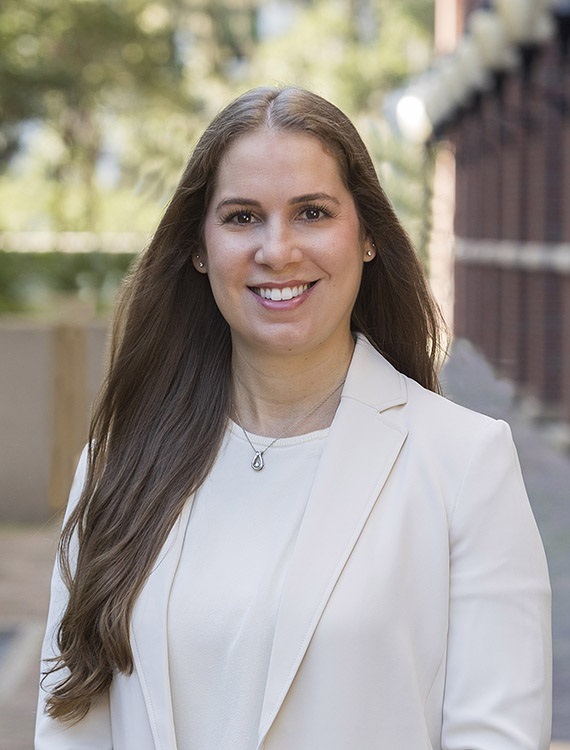Questions Remain After Property Bill Passes Late in Session

The 2021 Florida Legislature spent several months evaluating property insurance reform proposals. The committee hearing process included testimony from Insurance Commissioner David Altmaier, Citizens Property Insurance Corporation CEO Barry Gilway and many others. Despite these months of analysis, the primary property insurance reform bill (SB 76) was amended several times in the last week of the session and resulted in a final product that might prove beneficial in some respects but introduces uncertainty in others.
The next focal point for SB 76 will be whether Governor Ron DeSantis signs it into law or vetoes it. Several provisions in the bill will prompt supporters of property insurance reform to urge the Governor to sign it. On the other hand, the combination of some averse aspects of the bill and the certainty of rate increases in Citizens Property Insurance Corporation will cause others to call for the bill’s veto.
Even some of this session’s strongest supporters of property insurance reform question whether the final bill will be effective. Senator Jeff Brandes called the market’s current trajectory “unsustainable” and said the bill is about 40% of what would be needed to change that trajectory. Bill sponsor Senator Jim Boyd, however, believes the bill will be effective in giving the private market a chance to rebuild itself. As further mentioned below, this hope could be substantially undermined by the legislature’s decision to potentially deviate from uniform countrywide holding company regulations.
Democrat Annette Taddeo summed up other concerns with the bill by focusing on provisions allowing Citizens to obtain larger rate increases. Senator Taddeo said soon after the bill passed that there’s “no sugar-coating” the rate increases consumers will experience.
From the private market’s perspective, the most significant unresolved question is the extent to which the bill will be effective in limiting lawsuit abuses. As recently documented by the Florida Office of Insurance Regulation, Florida has about 8% of the countrywide homeowners’ insurance claims but about 3/4 of all homeowners’ insurance litigation. For suits not brought by an assignee (which are governed by 2019 statutory reforms), the bill will require a 10-day pre-suit notice and demand. The bill then creates a scale for determining whether, or how much, attorneys’ fees can be awarded in residential or commercial property insurance litigation. If a plaintiff does not recover at least 20% of the disputed amount, the plaintiff will not be awarded attorneys’ fees and costs. At the other end of the spectrum, if the plaintiff recovers at least 50% of the disputed amount, the plaintiff can be awarded its full fees and costs. If the recovery is between 20% and 50% of the disputed amount, the plaintiff will be awarded a percentage of its attorneys’ fees and costs based on the percentage of the recovery. The bill also contains a provision for consolidating multiple actions under the same residential property insurance policy.
Unfortunately, the legislature introduced substantial uncertainty in insurers’ access to capital when it chose to deviate from uniform, countrywide holding company regulations. All 50 states as well as Puerto Rico and the District of Columbia have adopted versions of the NAIC’s model holding company regulations. This includes Florida, which has existing holding company regulations that track the model (and were updated within the last few years to adhere to the model). Existing regulations address topics such as the fairness and reasonableness of compensation when insurers obtain services from affiliates. Primary regulatory review and enforcement authority for these regulations typically rests with each insurer’s domiciliary state. However, by amending Florida’s statute pertaining to annual statements, it is unclear what impact SB 76 will have on foreign insurers or with respect to the interpretation and application of existing holding company regulations. The Florida insurance market is no different than any capital market— the ability to attract capital is entirely dependent on the capital providers’ assessment of whether they can earn a reasonable rate of return. With the relative lack of new companies entering the state recently and the reduction in writings by existing insurers, it is clear that capital markets currently do not view the Florida market favorably. If SB 76’s deviation from model holding company regulations is perceived by those markets to introduce legal and regulatory uncertainty on top of the current operational uncertainty, access to capital will remain limited at a time when Florida clearly needs an influx of new capacity.
The legislature also adopted requirements allowing insurers to examine MGA’s even though there’s no indication that the OIR had trouble conducting examinations or obtaining information under existing law. In fact, the OIR already has significantly enhanced its enterprise-level reviews in recent years.
The bill also requires insurers to provide data call information regarding personal and commercial residential insurance claims.
For Citizens, the legislature adopted a glide path increasing the cap on Citizens’ annual rate changes per policyholder from the current 10% to eventually 15% by 2026. The bill also requires Citizens to include a provision for reinsurance in its rates even if Citizens chooses to not buy reinsurance.
Finally, the bill makes an attempt at preventing roofers and public adjusters from incentivizing roof damage claims.
If the bill becomes law, its provisions will take effect July 1, 2021.












